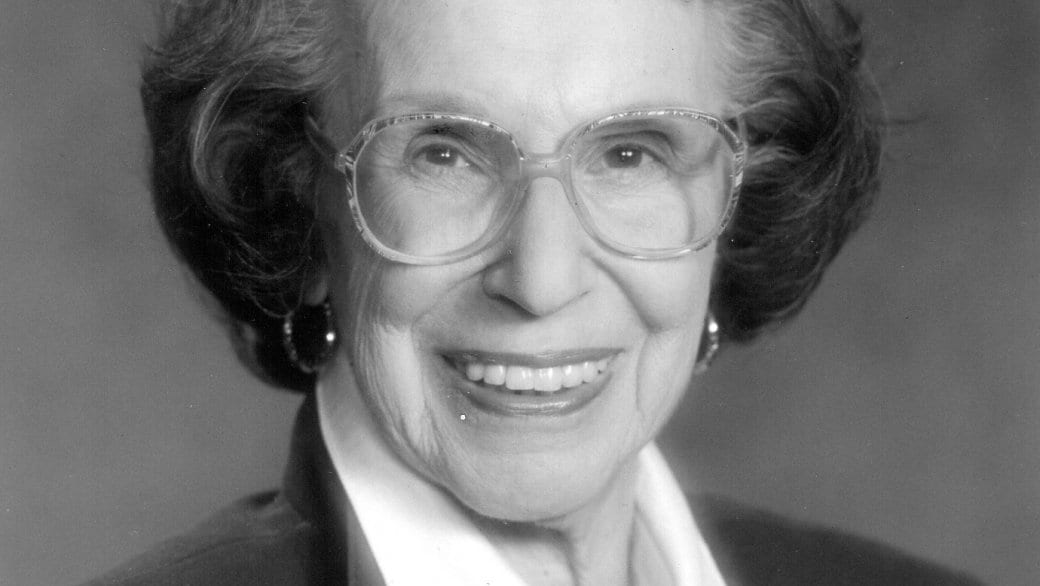A key witness in a Canadian gay publication’s landmark court fight against censorship died May 21, 2016.
Former York University sociology professor Thelma McCormack, whose testimony was crucial in the 1979 trial of The Body Politic, is being remembered as a courageous and outspoken trailblazer for queers, feminism and free speech. She was 95.
For McCormack, the protection of free expression was very much a case of putting principles before personalities. Her dedication to those principles during that court battle led to lost friendships with those who thought she had gone too far in her defense of a free press.
The trial arose after the publication of Gerald Hannon’s November 1977 article “Men Loving Boys Loving Men” that explored intergenerational sex and pedophilia. Two months later, police raided the paper’s offices and laid criminal charges against publisher Pink Triangle Press (the publisher of Daily Xtra) and its officers —Hannon, Ken Popert and Ed Jackson — for “possession of obscene material for distribution” and “use of the mails to distribute immoral, indecent and scurrilous materials.”
The subsequent trial, at which McCormack was an expert witness, turned the little known paper into a national voice for the queer community. When questioned by Crown prosecutor Jerome Wiley about what she thought of the newspaper’s use of the term “bum fucking,” McCormack replied, “It took me years to figure out what buggery meant. I find the term ‘bum fucking’ admirably clear.”
Hannon tells Daily Xtra that McCormack was one of several witnesses The Body Politic called in its defense. During the trial, McCormack dealt with theoretical issues, Dr John Money spoke to sexual aspects, while journalist and social activist June Callwood covered the media.
York sociology department colleague Penni Stewart praised McCormack’s trial testimony. “It was a watershed moment where gay rights, women’s rights and the expansion of expression rights coalesced,” Stewart recalls. “Thelma went on from it into early explorations into pornography and continued throughout her academic career to advocate for the expansion of expressive freedoms. She was a prolific writer and a scholar who was interested in every aspect of public policy, especially as it related to women’s rights,” she says.
McCormack’s daughter, Naomi, says her mother’s passions were her work and travelling, noting that she was “very curious about the world.” Those passions translated into a home where that curiosity was encouraged, she adds.
McCormack was profiled in the 2009 film, Out of the Question: Women, Media, and the Art of Inquiry, the website for which says “she helped develop communication study in Canada, and is one of the three or four most important women media scholars of her generation.”
McCormack was born Thelma Herman on March 14, 1921 in Rochester, New York to parents Jules and Libby who had immigrated to the US, fleeing anti-Jewish pogroms in Russia. She was educated at the University of Wisconsin and New York’s Columbia University. It was at Columbia that she met Robert McCormack whom she married in 1948.
In 1964, McCormack began teaching sociology at Toronto’s York University where she taught one of the first communication courses at a Canadian university.
McCormack leaves her daughters, Naomi and Judith McCormack, two grandchildren, and four nieces and nephews.
A memorial was held June 1 in Toronto.

 Why you can trust Xtra
Why you can trust Xtra


